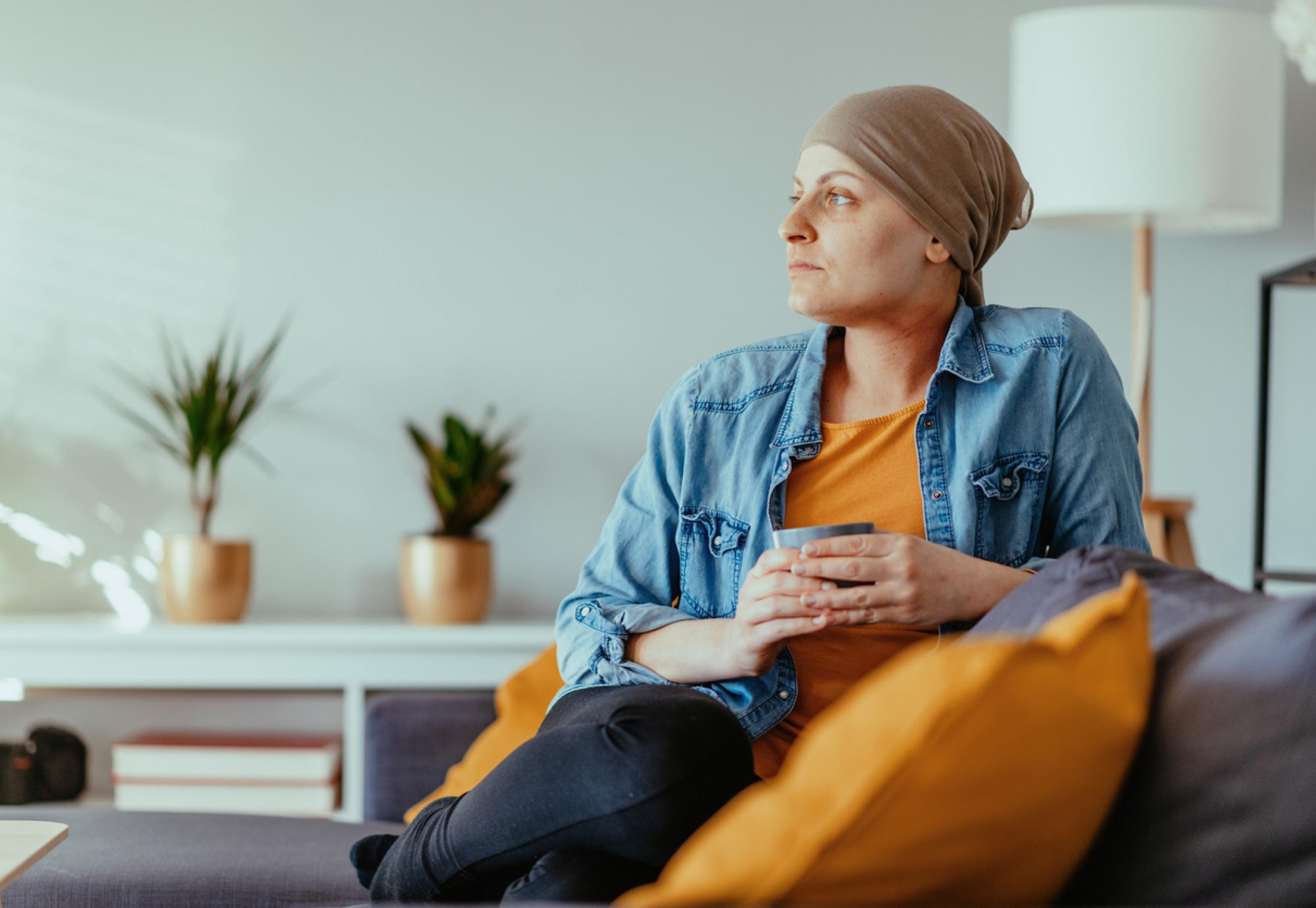As we enter the New Year, health leaders have been reflecting on some of the vital progress made in cancer care over the last year.
More than 320,000 people received cancer treatment between November 2021 and October 2022, which is 8,000 more than the equivalent pre-pandemic period and the highest ever year on record.
The NHS also broke cancer check records with almost three million people getting seen – a fifth more than the 2.35 million people that got tested in the same period before the pandemic. This amounts to over 10,000 people getting checked every single day with around 6% ending with cancer diagnoses.
Some of the latest data also indicates that around 100,000 patients were diagnosed when their cancer was either at stage one or stage two, which is also a record.
This all comes after the NHS doubled its spending on some of the largest cancer awareness initiatives in health service history, with NHS chiefs dubbing the statistics as “important progress” in the fight against cancer.
Dame Cally Palmer, National Cancer Director for NHS England, said: “NHS staff have been working incredibly hard over the past year to recover from the pandemic and it’s thanks to our campaigning efforts and early diagnosis drives, alongside the courage of people like Dame Deborah James encouraging people to come forward, that we’ve seen and treated record numbers of people.
“This is important progress – we know lives are saved when cancers are caught early and when more people are seen for tests and checks – and as we head into the New Year, the NHS will not take its foot off the pedal when it comes to ensuring people are seen and treated as early as possible.”
Professor Peter Johnson, NHS England National Clinical Director for Cancer, added: “We know that the possibility of a cancer diagnosis can be daunting and that many people don’t want to bother anyone with their health concerns, but we would always prefer to see you sooner with a cancer that be treated successfully, than later with one that can’t.
“The NHS is always working to find new ways to catch and treat cancers as early as possible, including high street checks and community lung scanning trucks, which have already diagnosed over a thousand people at an earlier stage.”



















